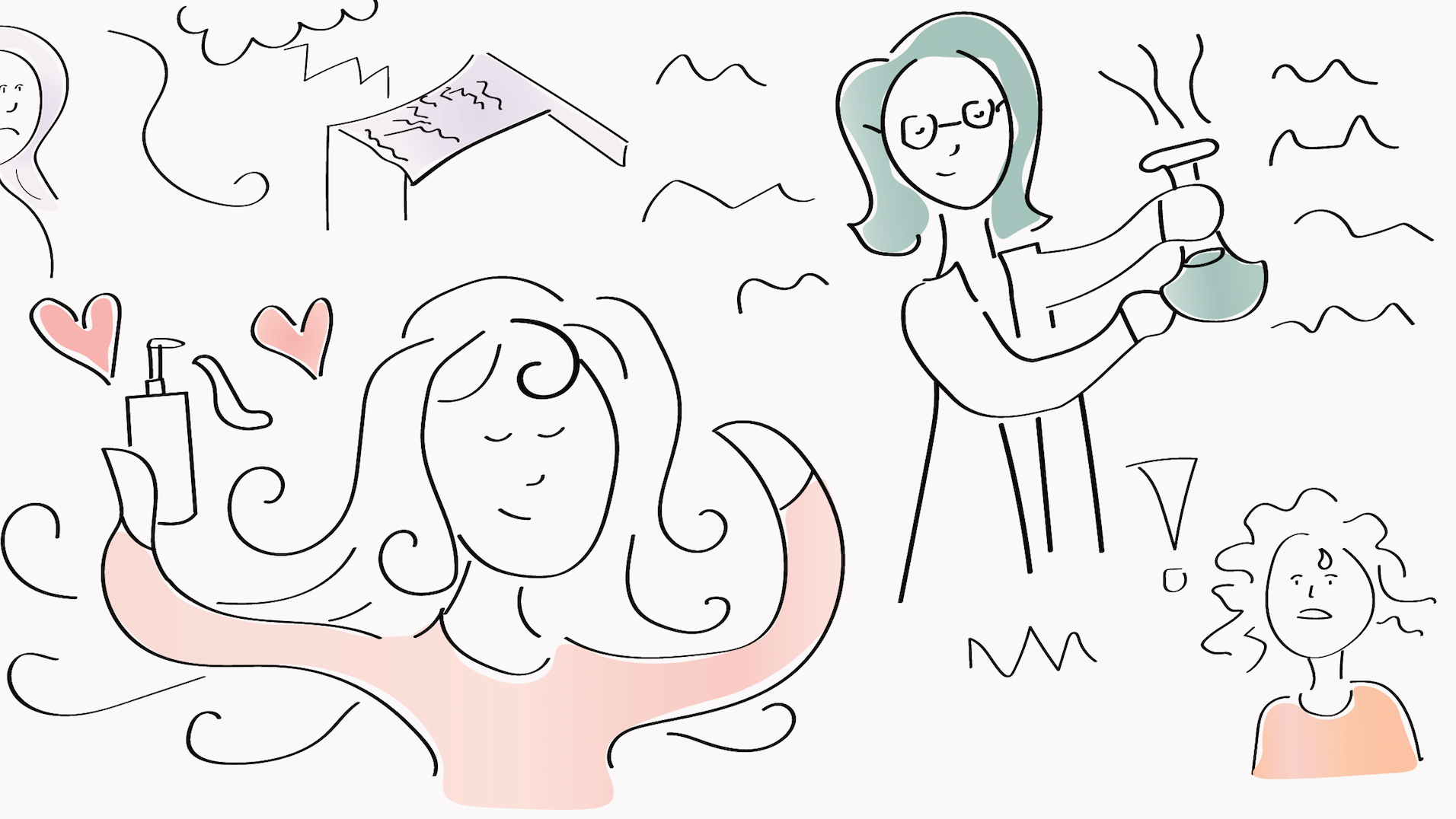Hair conditioners contain agents that enhance feel, appearance, fullness, lubricity, reflectance, and general manageability of hair. But, when it comes to conditioner, is it possible to have too much of a good thing?
Spoiler alert; The answer is, with a few exceptions, no. Conditioner is awesome for hair health and you should probably be using it more frequently than you already do.
Do you need to condition your hair every time you wash it?
Conditioner is an incredibly important part of haircare and should not be neglected after shampooing.
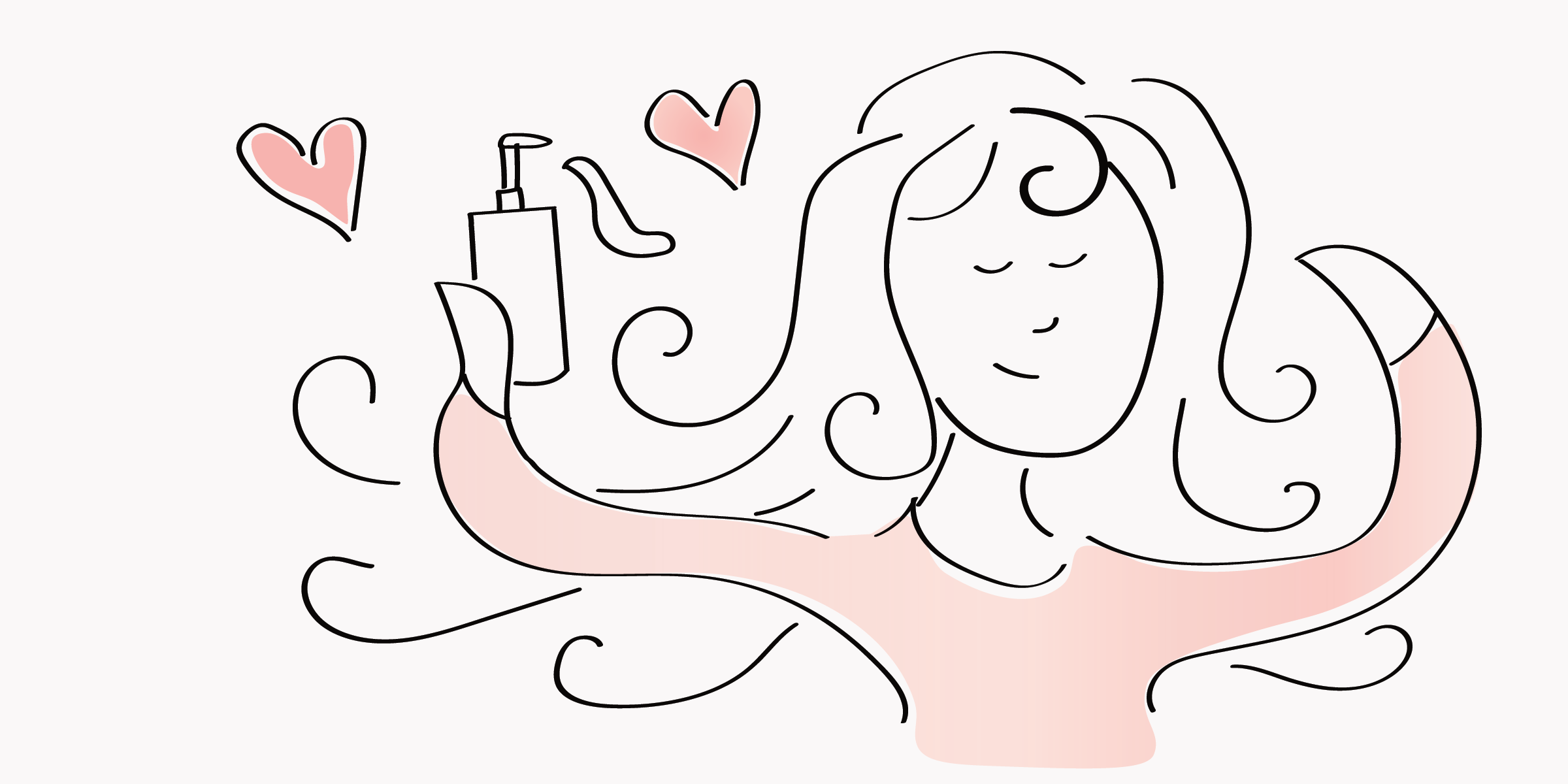
While shampoo does an excellent job at removing excess sebum (the natural oils in your scalp that can make your roots look greasy) dirt, and other unwanted residues, sometimes it can work a little too efficiently, leaving hair vulnerable to damage.
While excess sebum isn't the cutest look in terms of style (hi, oily and limp hair), it is beneficial to your hair's health. Sebum is kind of like your body's own internal conditioning system; it minimizes frizz, increases shine and improves manageability, all of which are obviously good things that we don't want to get rid of. When sebum is removed by shampoo, hair requires a little something extra to keep it nourished.
Thus, the invention of conditioner: an agent that can provide all the benefits of sebum (minimizing frizz, increasing shine, improved manageability, plus extras like increased volume) without the greasy appearance caused by excess sebum. It's all the benefits of sebum without the yuckiness - now who wouldn't want that? Plan to condition your hair every time you wash it, and you'll be in good shape.
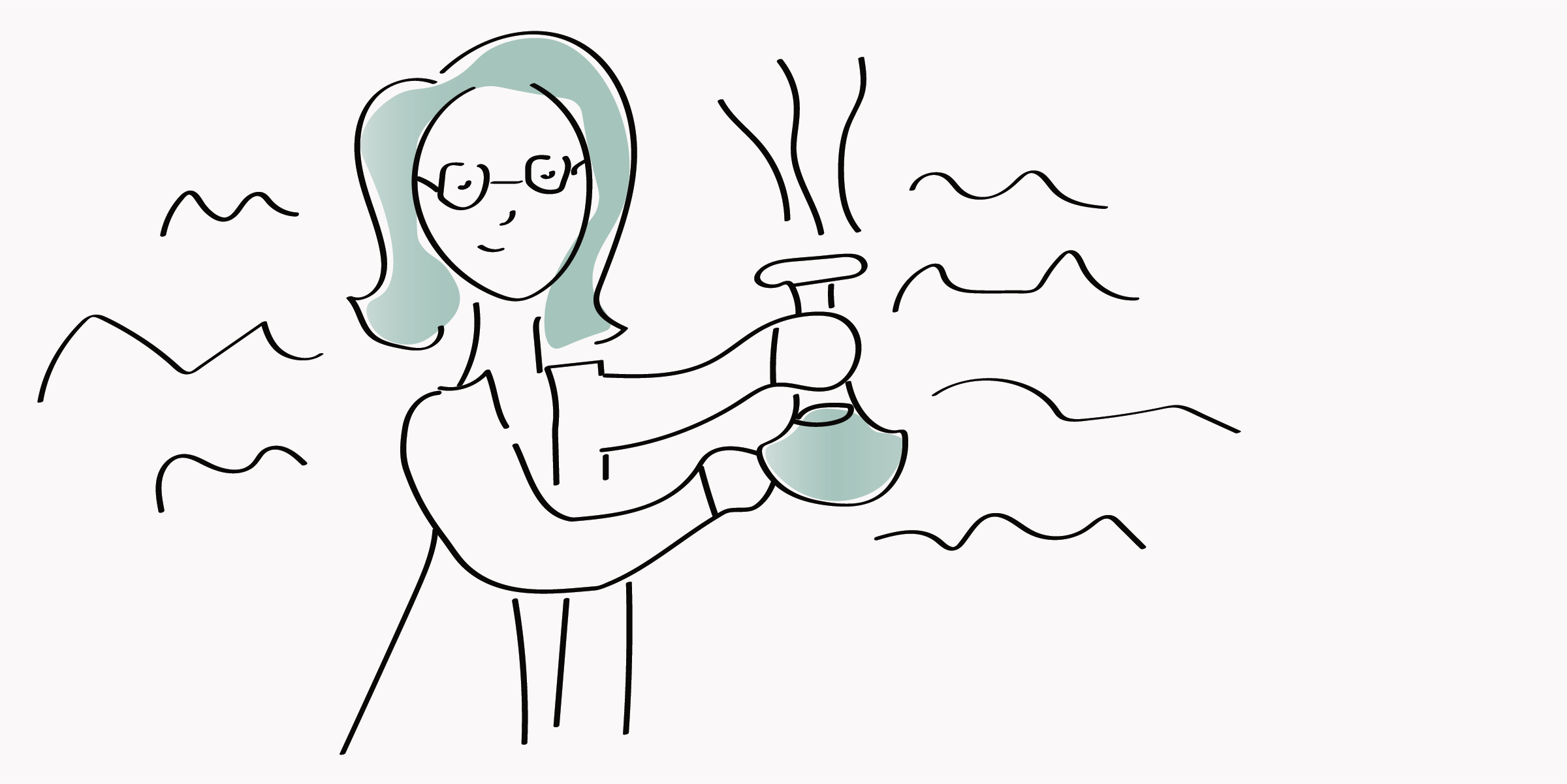
Is it OK to condition your hair everyday?
If you're washing your hair every day, you should be conditioning your hair every day. Like we discussed above, shampoo and conditioner go hand in hand. Shampooing without conditioning is bad news for hair health.
That being said, if you plan on conditioning your hair without using shampoo, you might not see much benefit, due to the necessity to expose your hair to water in order to rinse out the conditioner. Water saturation can damage and stretch out the hair fiber, so it's probably best to avoid unnecessary contact with water whenever possible.
What happens if you don't condition your hair?
In short: bad stuff happens when you choose to skip conditioner.
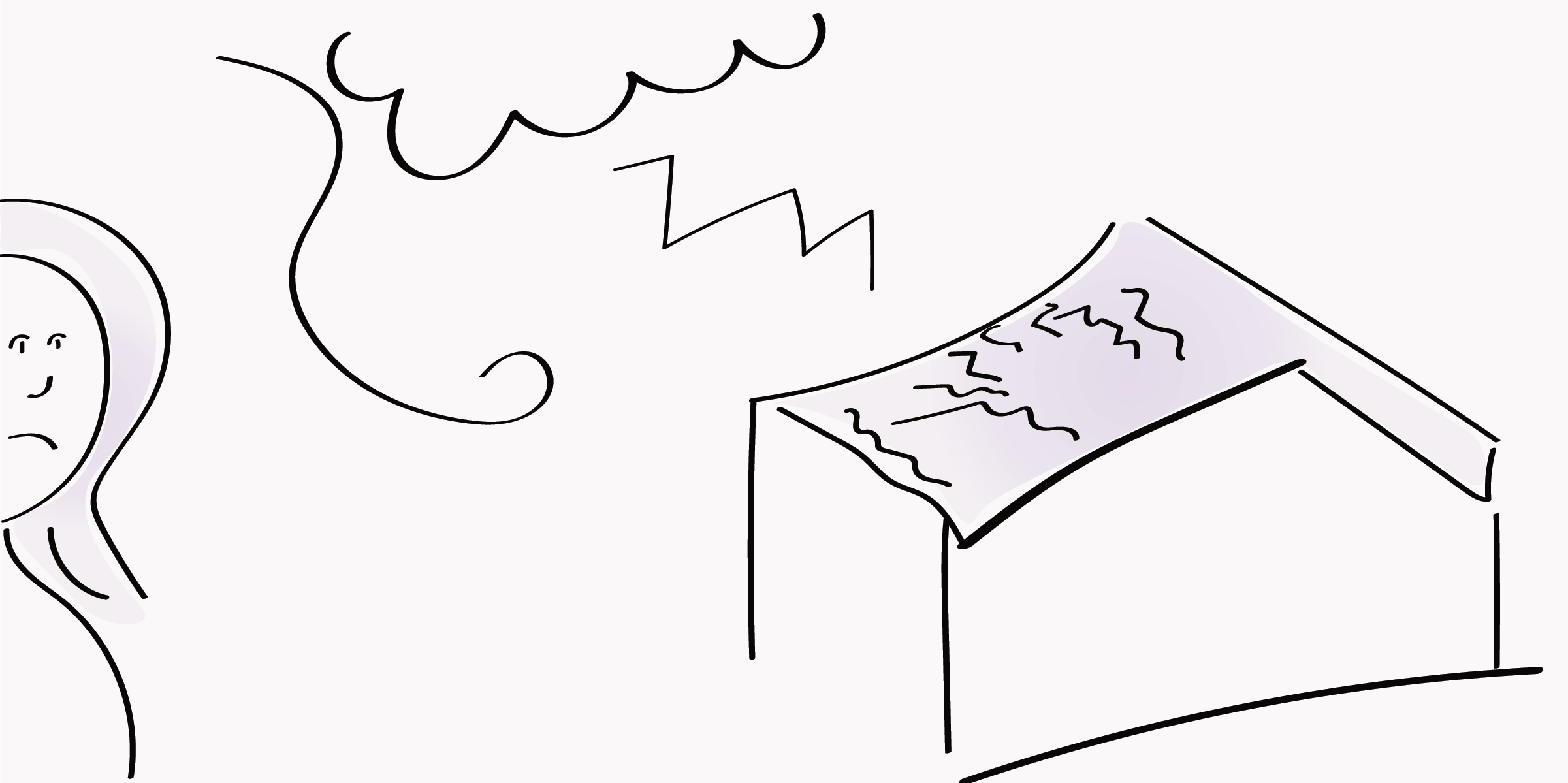
Think of it this way: your hair cuticle (the outer protective layer of the hair fiber) is made up of teeny-tiny shingles, like on a roof. Those shingles are your first line of defense when it comes to your hair. If those shingles are damaged (or stripped away altogether), the things underneath are left vulnerable to damage.
In this example, you (and all the things you expose your hair to) are similar to extreme weather events. Bleaching hair, brushing hair while wet, chemically straightening hair, et cetera, all attack the shingles on the roof, lifting them up, cracking them, and even blowing some away.
Without conditioner, these shingles are continuously blown away, and damage occurs endlessly and unfettered. But with conditioner, this story changes.
Conditioner can be seen as a roof-maintenance technician in our roof example. Both before and after the storm of bleach and hair dye, conditioner can add extra protection to smooth the shingles of the roof and fill in the gaps where they've already been blown away. While conditioners can't fix the shingles to be exactly what they were before, they can protect hair and make it look (and feel) a heck of a lot better.
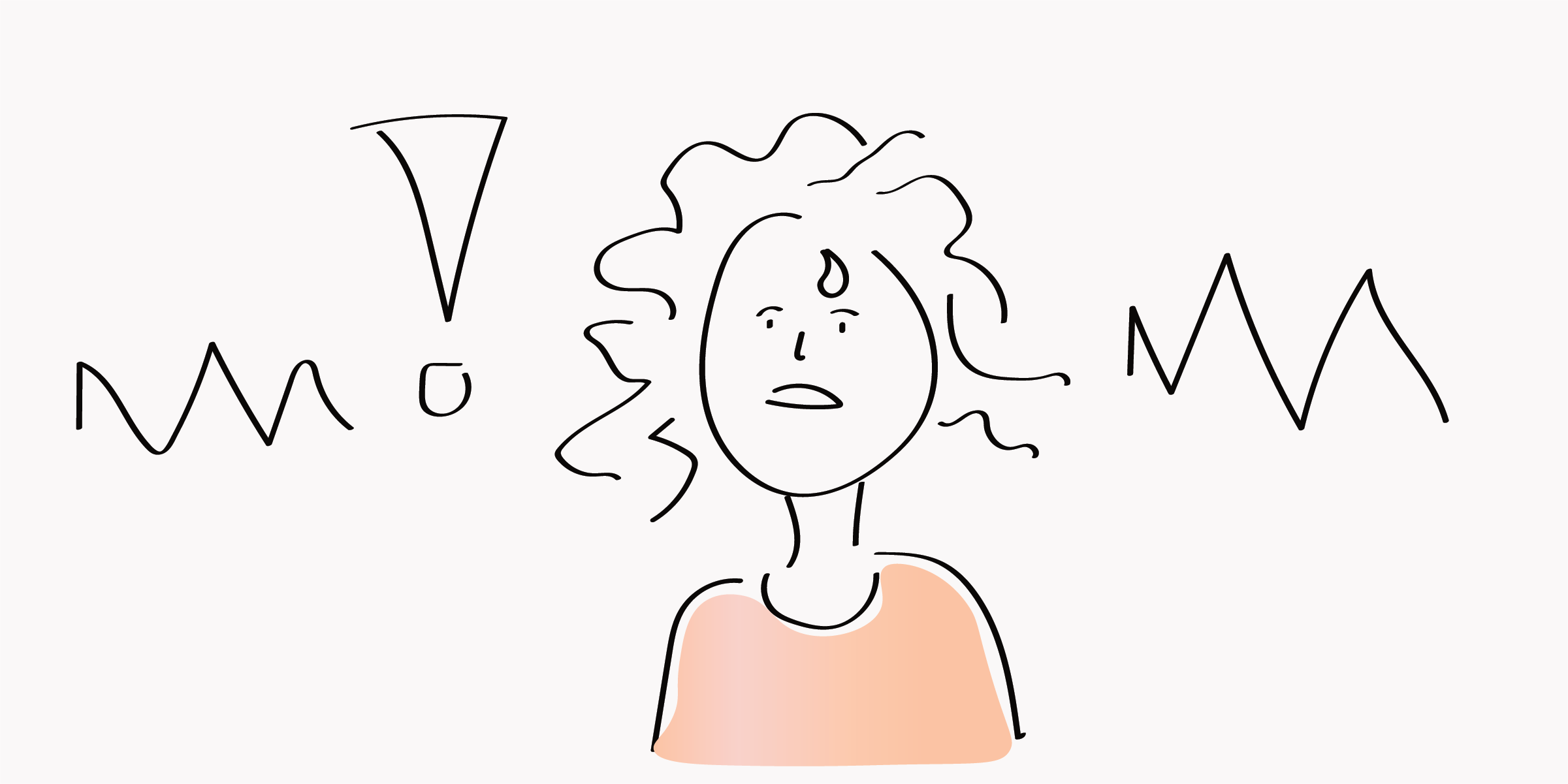
So how often should you condition your hair?
For all the reasons described above, you should condition your hair every time you wash your hair. Beyond that, while it's typically best to avoid washing and conditioning hair everyday, since water saturation combined with the friction of scrubbing and massaging is damaging to hair, there's really no blanket solution to exactly how often you should condition your tresses.
Craving more hair science? Here's what you should read next.
The Truth About Silicones
Think you've made up your mind about silicones? Let's talk about the science behind them.
What Is A Hair Cuticle?
Let's learn more about your hair's first line of defense against damage ⚔️
Does Shampoo Expire?
...and how do you tell if your products have gone bad? We've got the info you need 👍
Comb vs Brush | Which Is Better For Hair Health?
Comb vs brush - which tool wins in protecting hair health?

